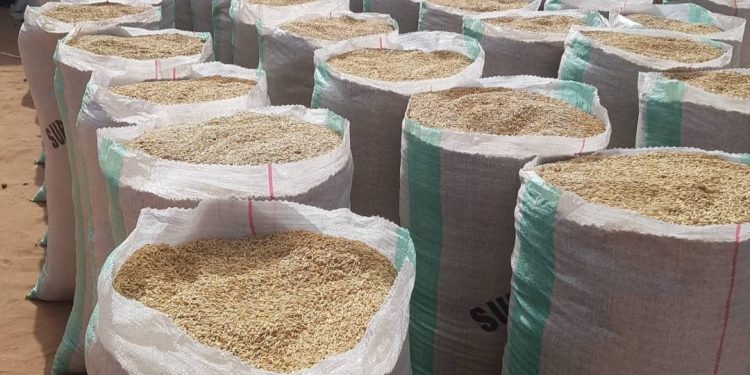The federal government of Nigeria, under the guidance of the Minister of Finance and Coordinating Minister of the Economy, Wale Edun, has proposed a series of executive orders aimed at addressing the growing tide of food inflation. A key component of this proposal includes the importation of paddy rice for millers and maize and rice seeds for farmers, as outlined in the draft Accelerated Stabilisation and Advancement Plan (ASAP) submitted to President Bola Tinubu.
Key Recommendations in the ASAP Document
1. Importation of Paddy Rice:
– Allow millers to import paddy rice to increase the domestic supply of processed rice.
– This measure is intended to curb the escalating prices of rice in the market.
2. Importation of Seeds:
– Immediate importation of 10,000 metric tons of rice seeds and 10,000 metric tons of maize seeds.
– The seeds are expected to cover 100,000 hectares for rice and 500,000 hectares for maize, respectively.
3. Executive Orders to Enhance Economic Stability:
– Inflation Reduction: Suspension of import duties and VAT on specified items and pegging the import duty exchange rate.
– Support for Farmers: Onboarding 2 million farmers across four key value chains to boost productivity and sustainability.
– Employment Generation: Initiatives to create jobs and stimulate economic activities.
– Non-Oil Export Promotion: Encouraging diversification and boosting exports beyond the oil sector.
– Prudent Financial Management: Ensuring fiscal responsibility and efficient use of resources.
– Tax Information Consolidation: Streamlining tax processes to improve compliance and revenue generation.
Conflicting Views on Food Imports
– President Tinubu’s Previous Stance:
– Earlier in the year, President Tinubu emphasized a policy against continued food imports, aiming instead to boost local production.
– The Minister of Information reiterated this position, emphasizing a decision against food imports to leverage domestic opportunities.
– The Nigerian Customs Service was directed to fully implement the Export Prohibition Act, halting food exports to ensure domestic supply.
Current Food Security Crisis
Food Inflation:
– Food inflation in Nigeria stands at 40.5%.
– Approximately 31 million people are projected to face severe food insecurity during the lean season in August.
Rising Prices:
– The price of rice has surged by around 169% in the past year, reaching nearly N90,000 per bag around March and April.
– Recent reports indicate a slight price drop of around 20%.
Supply Challenges:
– Rice millers are facing shortages in the supply of rice for processing.
– Governor Babajide Sanwo-Olu of Lagos State highlighted the insufficient supply affecting the Imota rice mill, advocating for federal approval to import rice paddy to boost production.
Implications of the Executive Order
– Increased Rice Supply: Importing paddy rice could alleviate supply shortages and potentially reduce rice prices in the market.
– Boost in Production: Importing high-quality seeds for rice and maize will help farmers increase their output, enhancing food security.
– Balancing Policies: The government must navigate between promoting local production and temporarily relying on imports to stabilize food prices and ensure availability.
The implementation of these measures reflects the government’s urgent response to the pressing food security challenges and aims to stabilize the economy while balancing long-term goals of self-sufficiency and sustainable development.










